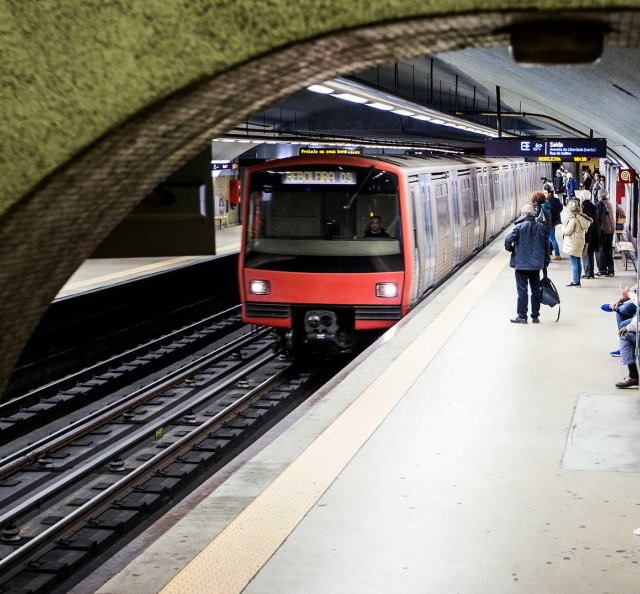Over the first weekend of UK school holidays in late July, there was chaos at the port of Dover with traffic backed up for miles, closely followed by gridlock in nearby Folkestone. After weeks of delays in UK airports because of shortages of baggage handling and border control staff there was a hope that travelling by car for cross-channel ferries would avoid such problems. But out of the frying pan and into the fire: the problems were massively worse with some delays taking over 20 hours, writes Philip Bushill-Matthews.
The Friday of the busy holiday weekend involved 11,000 cars trying to catch boats in Dover, compared with some 1200 the year before. In the morning only six of the nine passport control booths were initially staffed by French officials, but this was fully rectified within hours. It took until Monday to clear the backlog, but the blame game began immediately.
For the UK Government (and the two Conservative leadership contenders) the answer was clear: the French had not sent enough staff to Dover. For the port authorities in Dover it was the fault of the UK Government, for turning down proposed investment of £33m to instal sufficient extra booths in the cramped Dover port terminal. For the French Government the answer was much simpler: it was an inevitable consequence of Brexit.
It is true that the infrastructure in Calais is some four times the size of Dover, and also true that although Dover has added a few extra passport control booths these are insufficient to cope with peak holiday volume. But is it true that Brexit also played a part?
The right-wing press as well as the UK Government were adamant it did not, saying that the UK had been outside the Schengen free-movement zone even when we were members of the EU: there had been passport controls between our two countries for decades and so by definition nothing had changed – except the French now being uncooperative. This was a good try, but still fake news.
The reality is that following Brexit all passports for UK travellers trying to enter the EU now have to be manually checked and physically date-stamped, which can take up to three times longer than pre-Brexit. The UK Government was fully aware of this well in advance but failed to plan for it. It also failed to address the limited motorway/dual carriageway access to get to Dover in the first place. Passports are supposed to make travel easier, but only if you have adequate systems installed beforehand.
It also assumes that you have a passport to start with, and once more the Government lack of planning has been evident. The waiting time historically was a maximum of five weeks. The Government recently doubled its target to ten weeks, but by the end of June over half a million people were still waiting for their passports to be issued or renewed, with 55,000 waiting for more than the latest ten-week target. Many missed their flights and/or holidays, with all the additional problems of stress.
Passports have been around for centuries. The first use of a passport in England came via the Safe Conducts Act of 1414. Interestingly until 1778 passports were written in English and Latin – with Latin assumed to be in widest usage amongst the intelligentsia across the old Roman Empire. Subsequently they were issued just in French, being the international language of diplomacy, and it was the French who developed the first passport of 32 pages in booklet form rather than a single page. Meanwhile the new (blue) UK passport is being produced by a Franco-Dutch company – in Poland. It is just the latest example of how the theory of the UK ‘taking back control’ works in the real world.
Passport requirements continue to evolve, and 2023 will see a further significant change.
The EU is introducing the European Travel Information and Authorisation System, or ETIAS. This is not a visa but a visa waiver, similar to the U.S. ESTA and Canadian ETA. Non-EU travellers wishing to enter any EU Member State will have to have one of these from May next year. The appropriate data will then be logged on their biometric passports, if they have one. This should be a minor problem for travellers at airports, because their faces and fingerprints can be readily scanned as they walk through border control. At ferry ports the consequence will be even more congestion, as travellers must leave their vehicles to be biometrically scanned in person.
Meanwhile the Government has issued an ‘Amber Warning’ to expect further delays throughout August. While record illegal immigrants flood into the country without restriction record numbers of us must queue to get out.
Time to reach for the decanter: at least there is one port we can still pass without having to wait….

The Author, Philip Bushill-Matthews, is Former Leader of the British Conservatives in the European Parliament.




